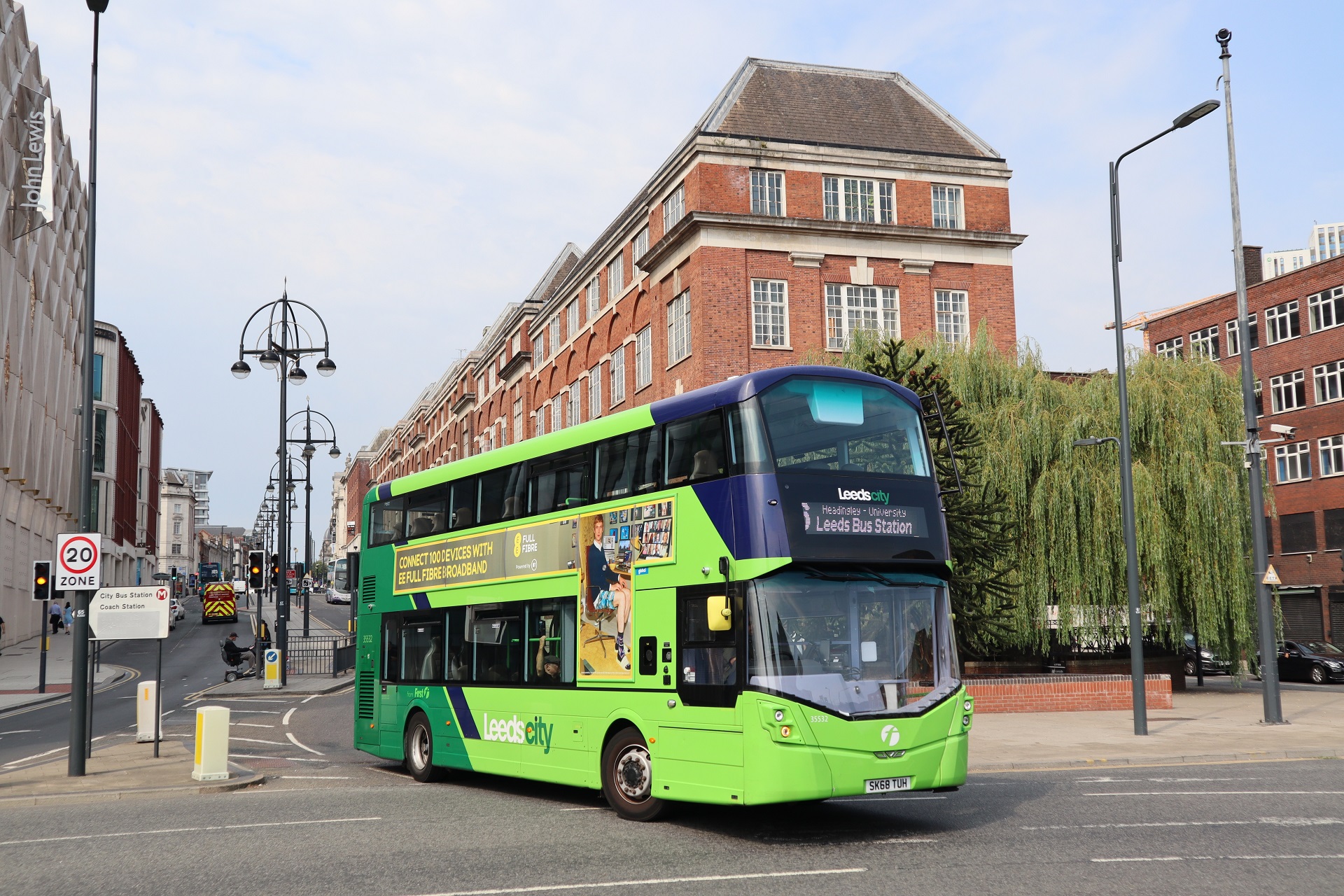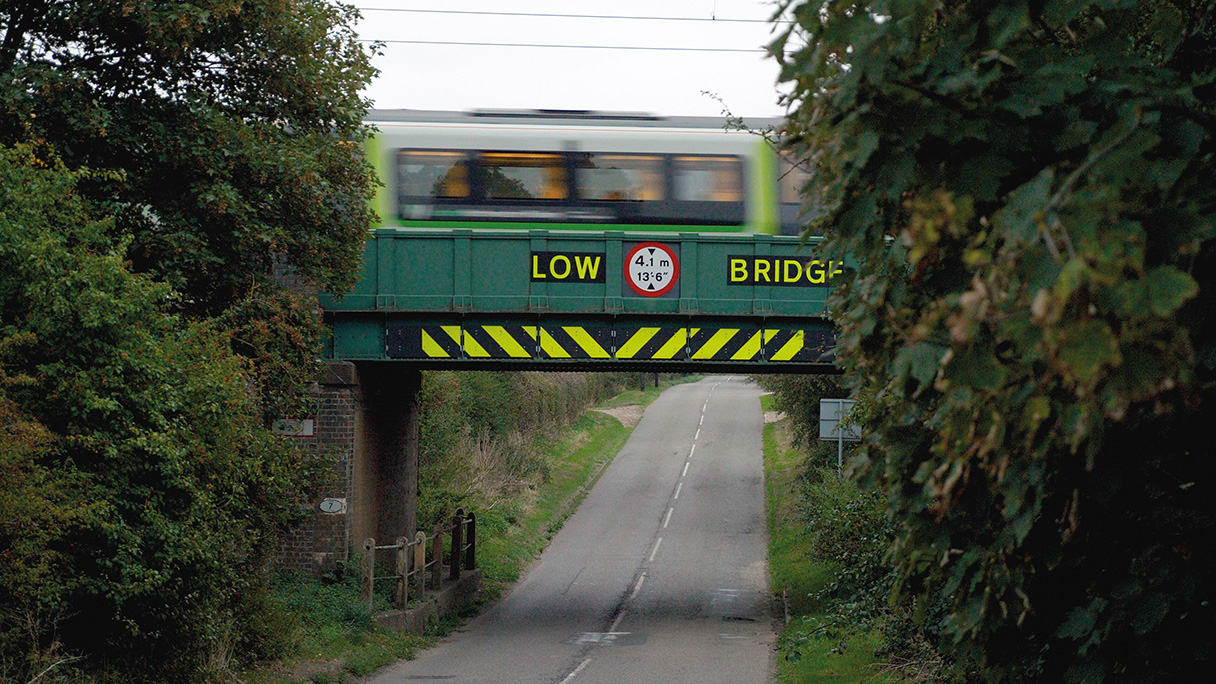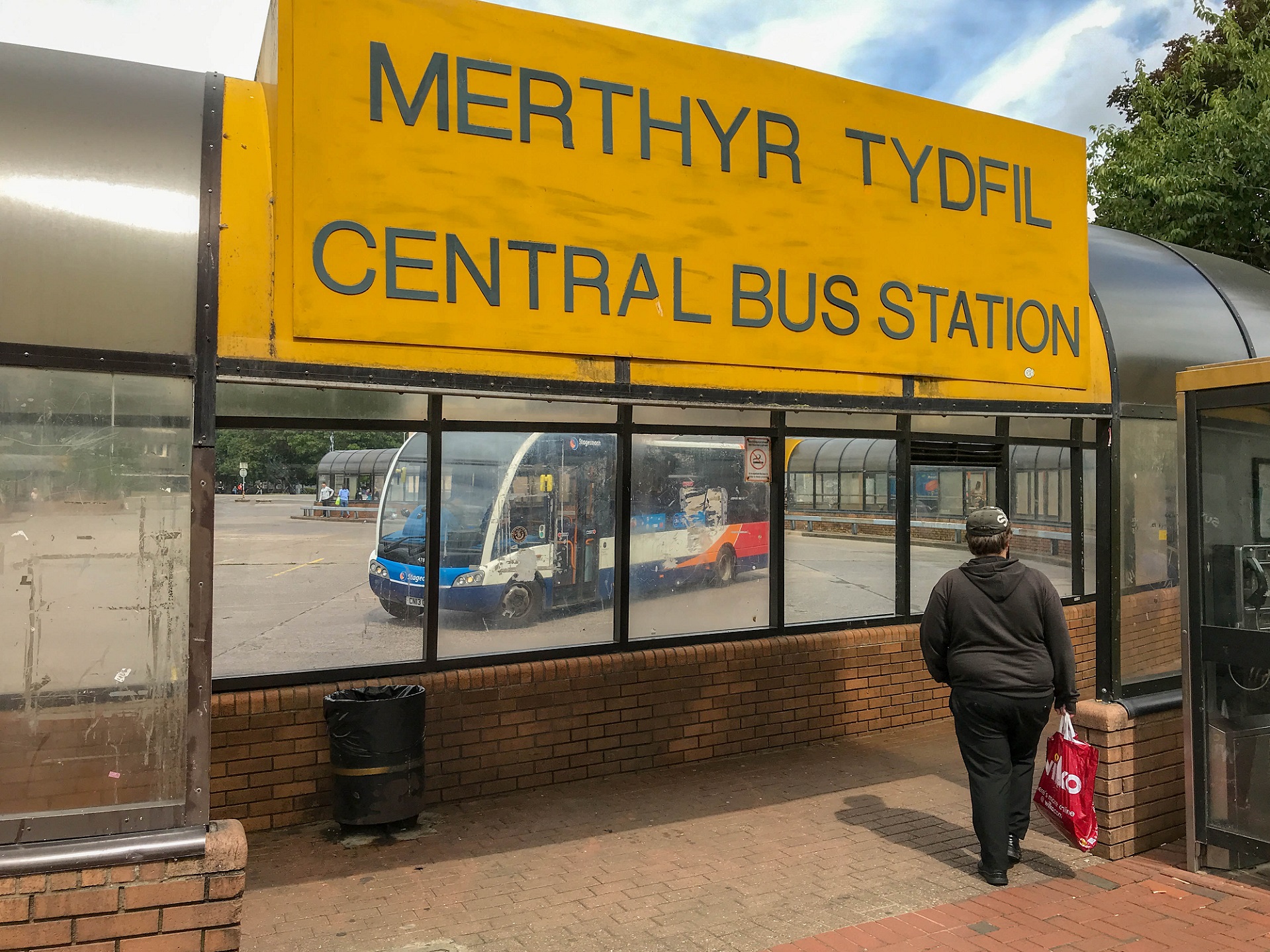If a revenue support stream for bus services in England outside London beyond 31 March is planned by the government then it must be announced quickly, a briefing from the Urban Transport Group (UTG) has urged. Without it, a swathe of cuts is unavoidable, the body says.
The Group – which represents city region transport authorities – has also fired a broadside at officials for the slow delivery of ringfenced bus improvement funding. Using the strongest public comments in that area yet heard from a representative body, UTG accuses them of “second-guessing” and the micromanagement of schemes and projects.
Long-term requirement for bus revenue support, says Group
In the pressing area of revenue support for bus services from April onwards, UTG has underlined its existing backing of growing calls for a long-term government settlement. It also wants a devolved approach to such funding on a local level.
Those comments came a month after Secretary of State for Transport Mark Harper appeared at the Transport Select Committee on 7 December 2022. Mr Harper hinted that further revenue support could follow the current round of Bus Recovery Grant (BRG) money. At the time of writing, no more had been heard.
Operators have aired concern that with no successor to or extension of BRG, bus services in England will be hit by a double whammy with the optional Bus Fare Cap Grant scheme also ending after 31 March.
UTG points out that with notice periods around service registrations, planning for provision post-BRG will be required very soon. “Without a funding deal… beyond April, there will be another wave of bus service cuts,” it warns.
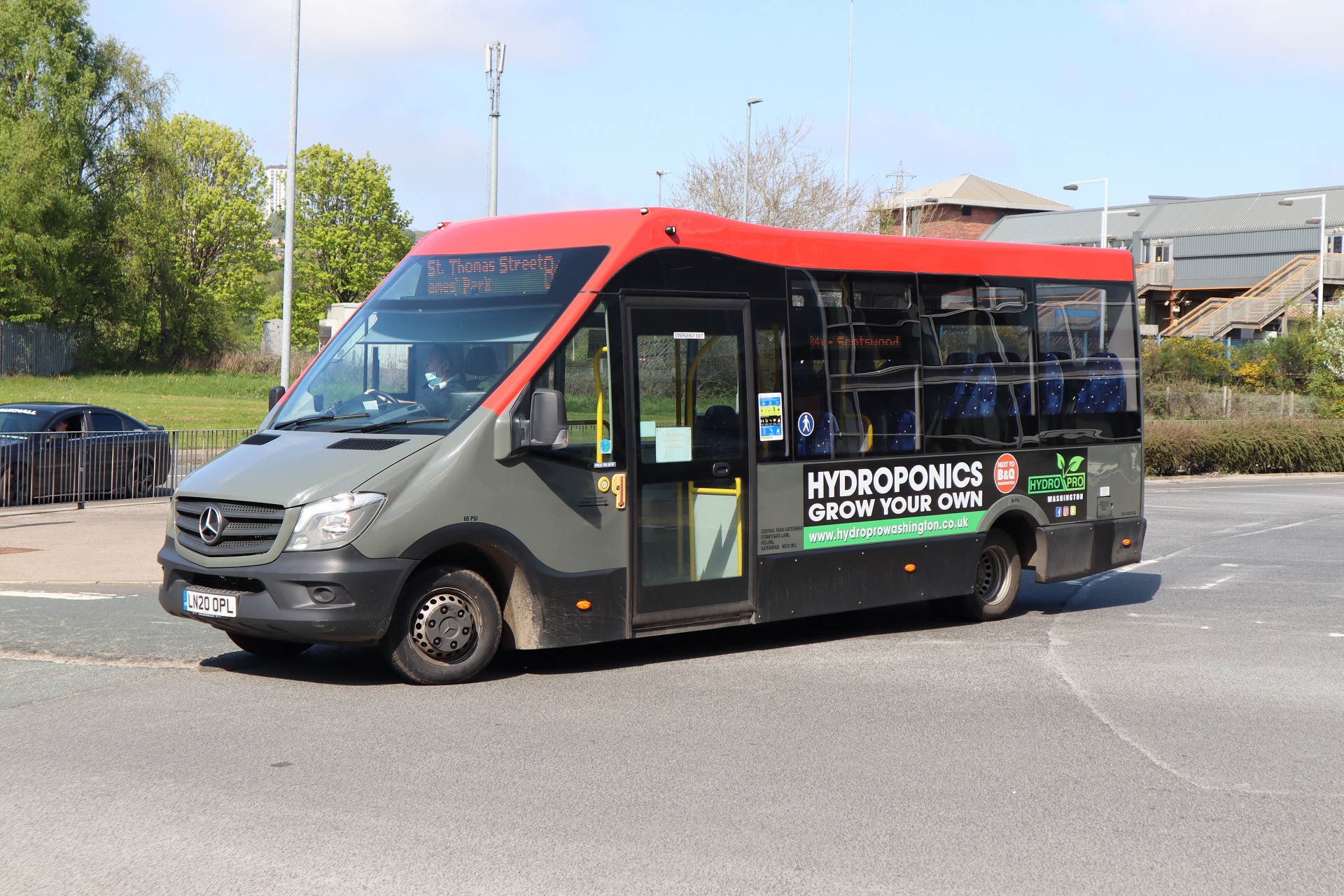
Reinforcing that budget constraints at local transport authorities (LTAs) will make replacement of withdrawn commercial services via tender difficult, UTG adds that an existing general lack of competition further complicates matters.
It says that in some cases, “no bids at all” are received, and that costs for contracts that are issued have risen significantly.
Government ‘micromanagement’ of bus projects alleged by UTG
UTG’s strongest words are reserved for longer-term improvement funding pots, including Bus Service Improvement Plan (BSIP) money and City Region Sustainable Transport Settlements. While that support “is welcome,” the Group says that transfer of such money is “very elongated.”
That, it continues, is because of officials at multiple Departments – including the Department for Transport (DfT), the Treasury and even Number 10 – “second-guessing and seeking to micromanage schemes and projects on the basis of different views and shifting objectives.
“Consequently, there has been very slow progress in allocations being settled and then for funding for agreed allocations to be paid. This in turn has slowed down the speed of delivery, which has now also been affected by inflation, which means that it will be very difficult to deliver the schemes that were first presented to DfT.”
Inflation is hurting LTAs’ abilities to support bus work delivery
Those inflationary pressures mean that LTAs are now faced with doing “less for more,” the Group adds. It advocates authorities being given greater discretion with funding “rather than being second-guessed and micromanaged from the centre on a project-by-project basis.”
While some early BSIP measures have been delivered, multiple regions that were awarded indicative funding have seen, or are threatened with, service cuts. It is unclear whether speedier delivery of BSIP money would have facilitated wider improvements that could ultimately have protected the routes affected.
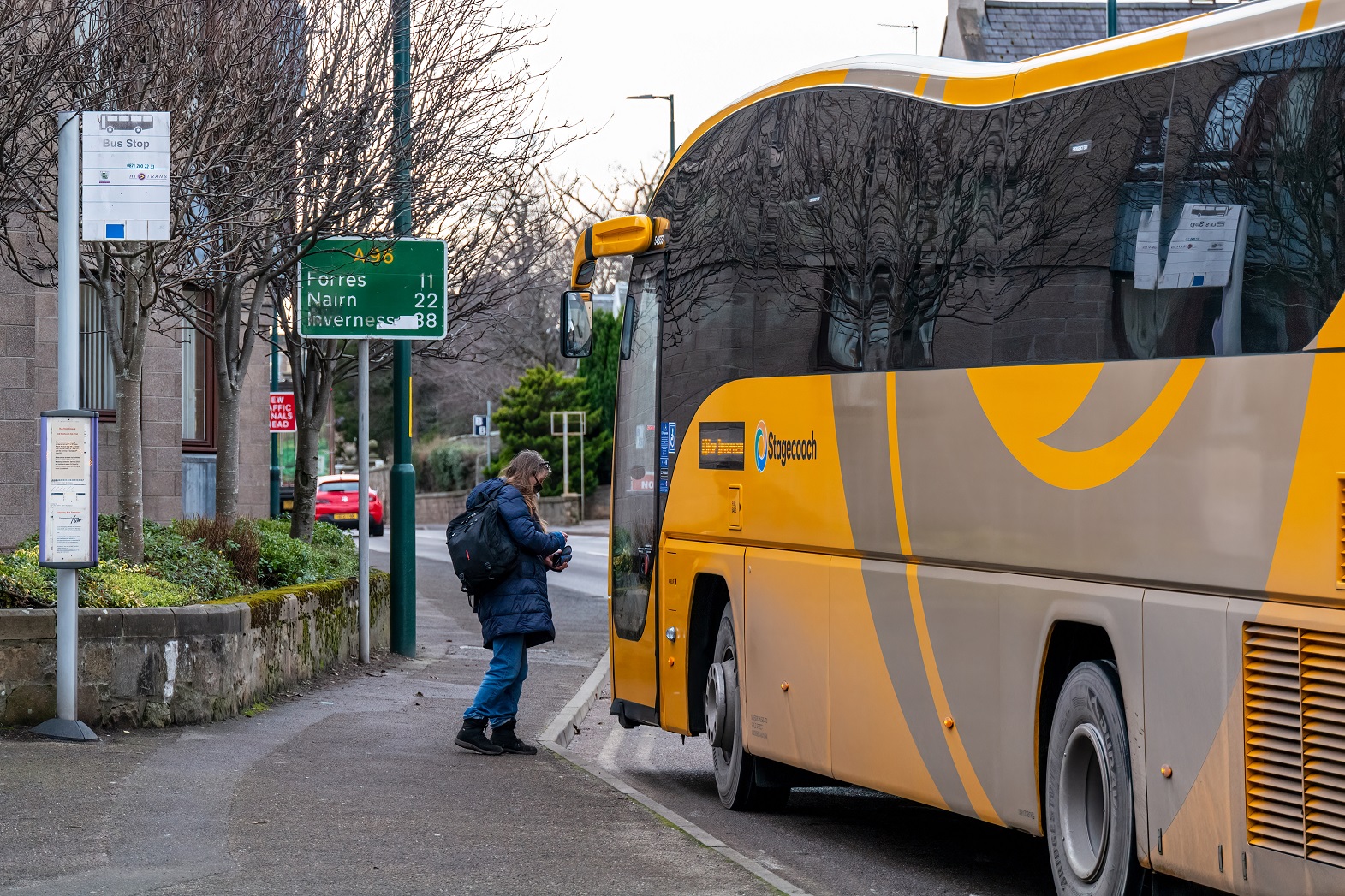
Despite UTG’s paper focusing on England outside London, revenue support funding in Scotland and Wales is also on shaky ground, which is acknowledged by the Group.
The Scottish Government recently reintroduced Network Support Grant Plus after it ended in October 2022, with payments to be backdated where scheme conditions were met in the meantime.
Meanwhile, at the time of writing it was understood that the Welsh Government was scrambling to deliver a successor to the emergency package currently in force after operators warned it of cuts beyond the current end date. The mechanisms in Scotland and Wales are planned to cease after 31 March and 5 April, respectively.
Driver recruitment and retention strategy required
UTG has tied its comments around bus service funding to a call on the government to develop a strategy around driver recruitment. It says that staff shortages are in some areas causing “endemic” unreliability and that such a situation “is leading to people changing what they do and the way they travel.”
Operators come in for criticism here, with the Group claiming that “poor recruitment and retention practices” are sometimes in play. UTG wants to see a government response “commensurate with the scale of the challenge.” That should include:
- Facilitation of learning across the industry about good recruitment practices
- Consideration via revenue settlements of the need for attractive pay and conditions
- Dealing with administrative bottlenecks that delay new recruits from becoming productive.





















